Cisco CEO Chuck Robbins thinks AI adoption is going to be like the cloud transition “on steroids”
Cisco is well positioned to guide enterprises through their generative AI adoption journeys, according to CEO Chuck Robbins
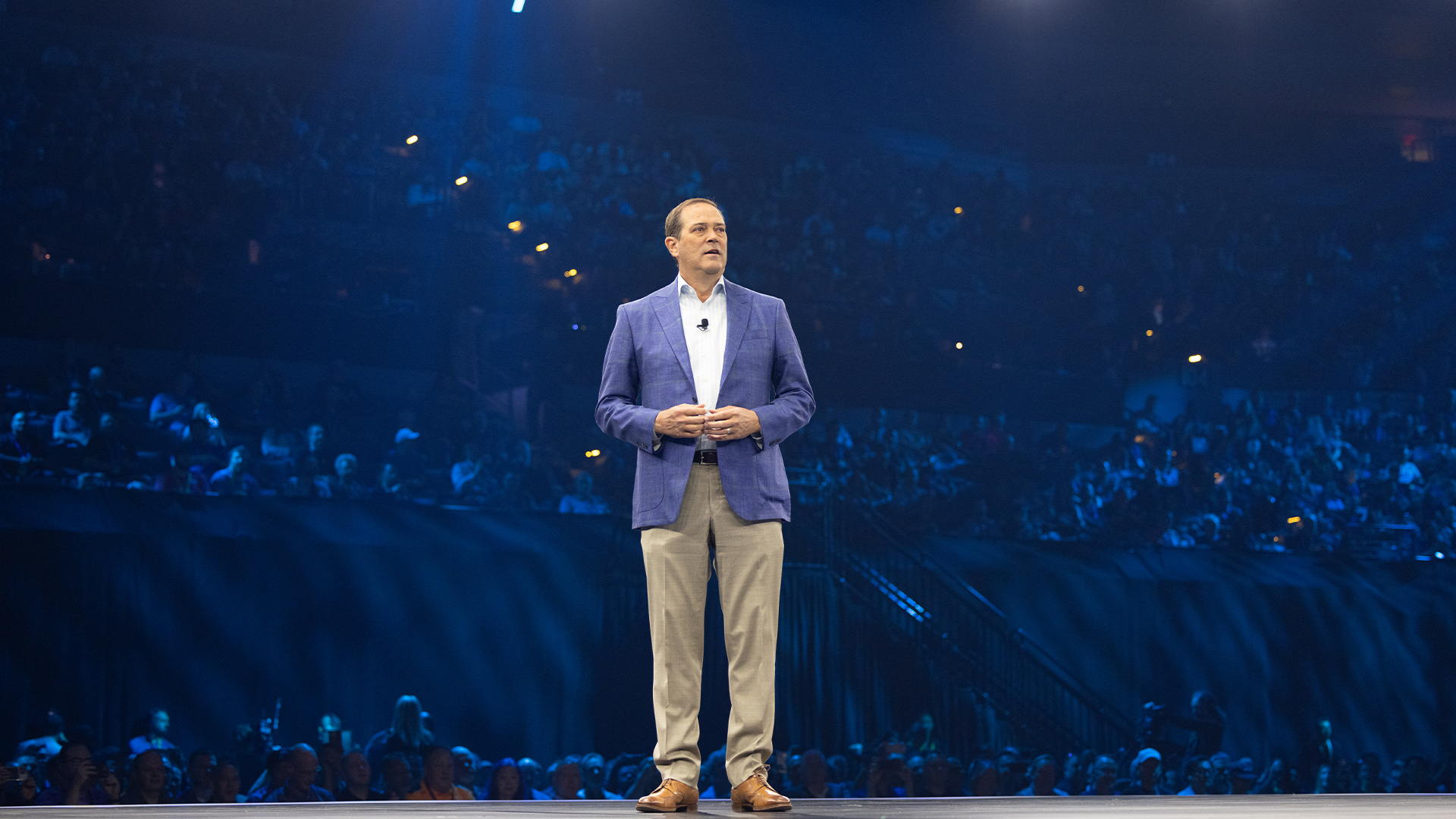

Cisco CEO Chuck Robbins set out his case for why the tech giant will play a key role as enterprises seek to harness AI to improve their operations, and how the networking company has learned from early days of the cloud computing rush.
In the opening keynote of the Cisco Live event, held in Las Vegas this week, Robbins said enterprises were now dealing with massive complexity and businesses often have less control over the services they are using.
“I remember the old days. It was simple: everyone sat in our offices and I had a private data center and everything was within my walls,” he told attendees.
“It’s not the case anymore: you don’t have control of some of the assets. You’re leveraging core technology in your technology architecture that you have to place a lot of faith in. You don’t have the control of everything like you used to.”
It’s a problem that’s been growing rapidly in recent years. But with the emergence of generative AI over the last 18 months, one that enterprises globally must grapple with to unlock the power of AI and deliver tangible business benefits.
This process, however, will undoubtedly place additional pressure on enterprise IT teams. Robbins said that many companies are trying to figure out use cases for generative AI and that there's going to be lots of pressure on IT to deploy the technology fast.
“My guess is much like the cloud era,” he said. “If you were around when the big cloud transition began, and all the cloud hype started, every CEO I knew was pressuring all of you to get to the cloud and they had no idea why, other than ‘everybody says we should be in the cloud, so let’s go.
Get the ITPro daily newsletter
Sign up today and you will receive a free copy of our Future Focus 2025 report - the leading guidance on AI, cybersecurity and other IT challenges as per 700+ senior executives
“I think AI is going to be that on steroids because my peers, and I’ve heard it from them because they are all asking me [are saying] 'If we don’t move quickly my competitors might kill us, I don’t know what they might do with AI that will put us at an incredible competitive disadvantage.'”
Cisco has a plan to help accelerate enterprise AI adoption
One thing that Robbins wants to be different from the cloud computing rush will be Cisco’s response. The company has learned vital lessons over the last decade, and appears keen to avoid the same pitfalls encountered during the early days of the cloud.
“From the Cisco perspective, many of you would probably tell us that when the cloud era hit, we perhaps weren’t as prepared as we should have been. I will tell you today as this AI era begins we are very, very prepared to help you navigate this as we go forward,” Robbins said.
Cisco used the keynote to showcase a number of technologies which it said can help customers navigate the complexity of their infrastructure, such as extended capabilities for its ThousandEyes monitoring software to spot problems across corporate networks and the cloud, plus a raft of security updates.
The networking giant also announced a $1 billion investment fund to support AI startups, and has already pledged support for Mistral, Cohere, and Scale AI as part of the scheme. Robbins said Cisco wasn’t just investing in generative AI companies for the return, however. This is all about creating closer collaborative relationships with dynamic innovators in the AI space.
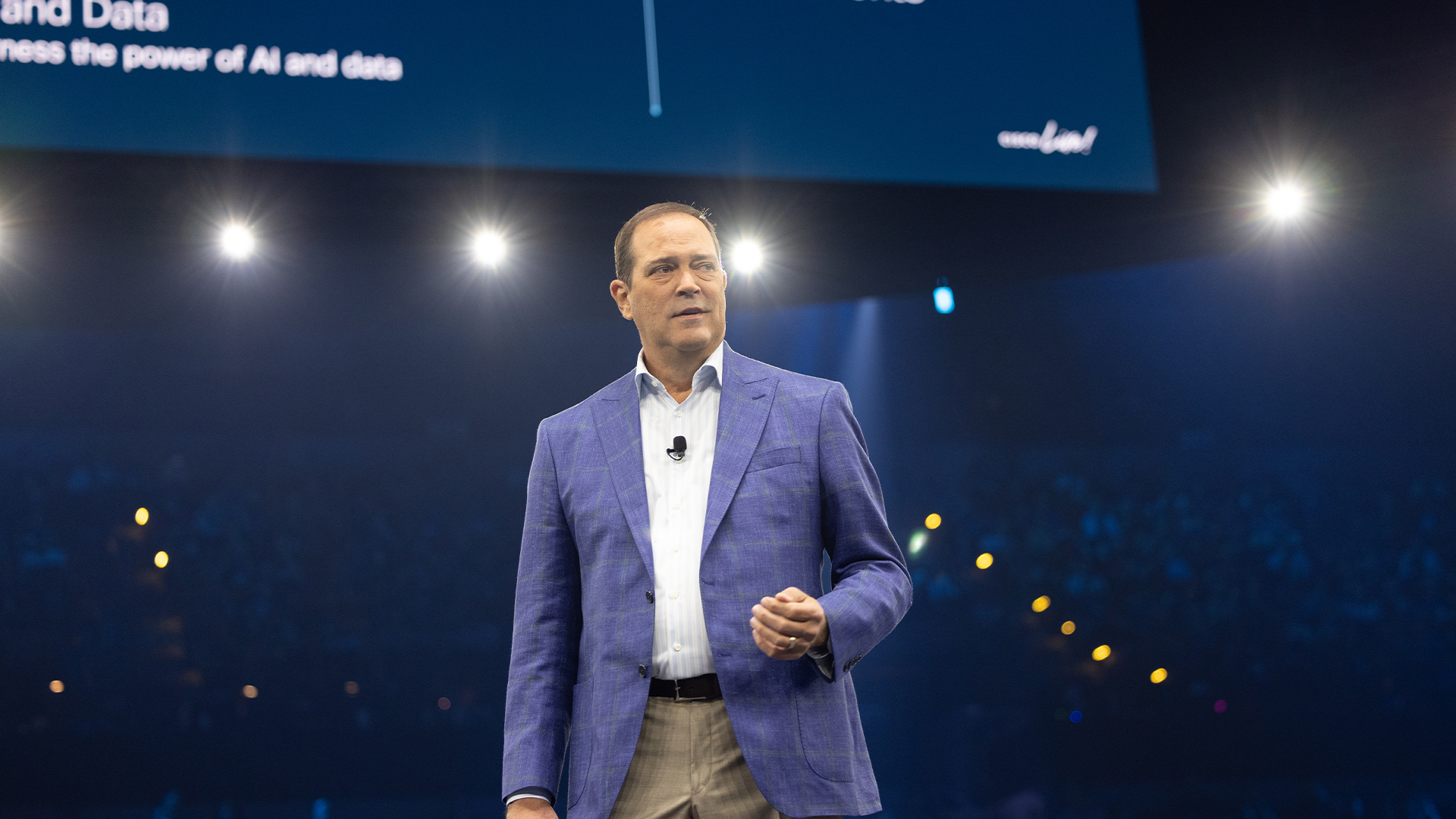
CEO Chuck Robbins told attendees that Cisco will offer a helping hand throughout their AI adoption journey
“Part of our investment thesis is that unique co-development activities that we can enter into to bring you more innovative solutions and help you navigate the AI transition,” he said.
“We're going to bring services to you to help you understand how to navigate the AI journey, how you get started, how you choose the right LLMs, and what’s the difference between some of these companies and what their capabilities are and how they can help you,” Robbins said.
Later, at the executive panel he said that when forming partnerships with AI companies, Cisco’s enterprise relationships are seen as a very attractive proposition.
“Many of these partners don’t have enterprise go-to-market and they are going to lean on us, which gives us an opportunity to play a very strategic role for enterprises as they think through how to deploy a lot of this emerging technology,” he said.
Robbins added that Splunk, Cisco’s largest-ever acquisition, will play a key role in helping with some of the challenges facing enterprise IT organizations. Gary Steele, former CEO of Splunk, and now Cisco’s president of ‘Go-to-Market’ took to the stage to make the case.
“One of things that’s happened is we are drowning in data, everyone struggles with this issue today and long gone are the days when you can centralize across a multi-cloud hybrid world and bring all that data to one spot,” he said.
“Our fundamental philosophy is that we can bring the analytics to the data. Think about the most cost-effective place to store that data and we’ll bring the analytics to the data.
“AI is the catalyst that makes all of this much more predictive. We can be so much better being able to look all the way down the stack and the infrastructure and to the network and understand what is happening, leveraging that data to ultimately be predictive to prevent these outages.
Steve Ranger is an award-winning reporter and editor who writes about technology and business. Previously he was the editorial director at ZDNET and the editor of silicon.com.
-
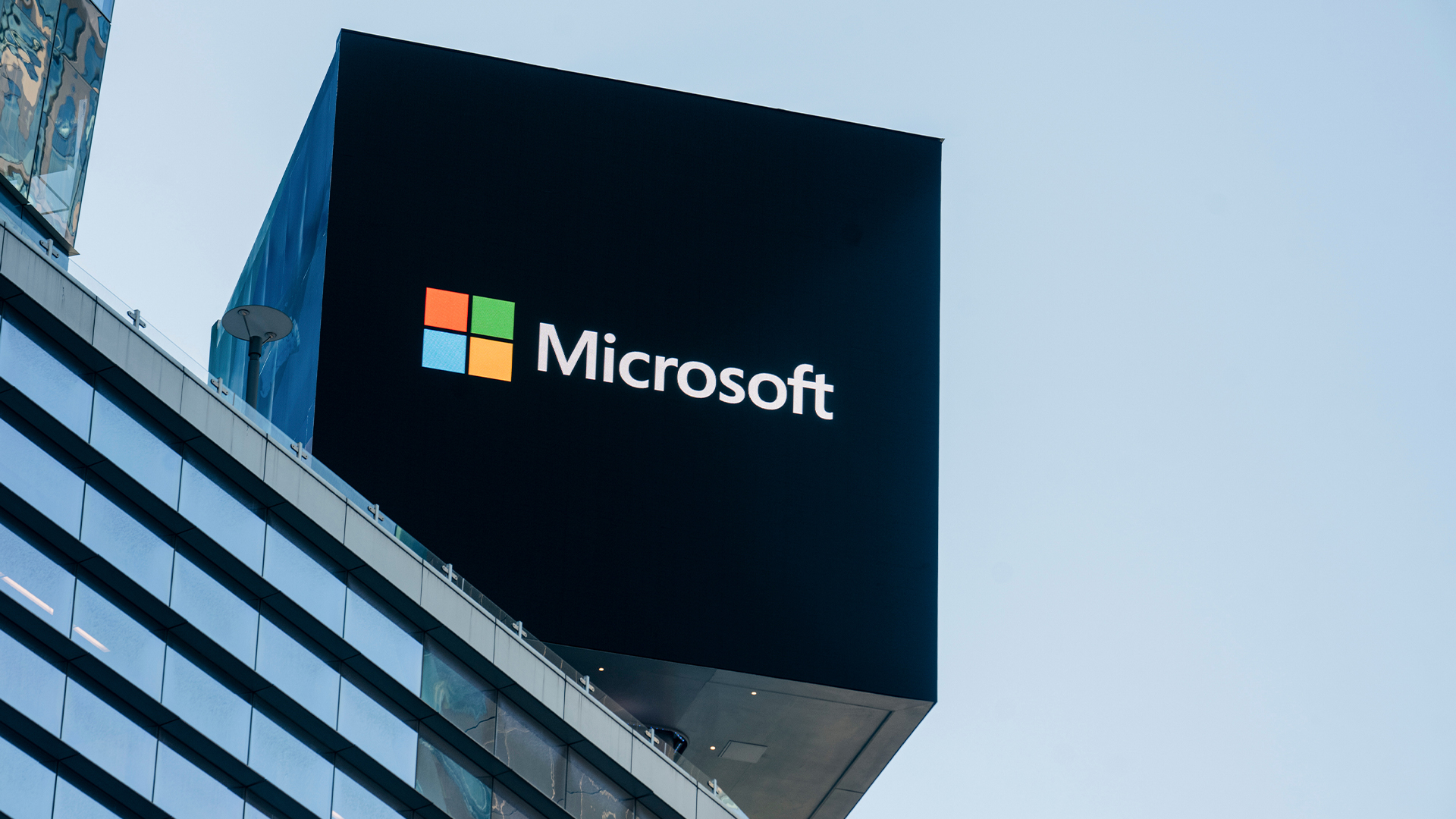 Microsoft just hit a major milestone in its ‘zero waste’ strategy
Microsoft just hit a major milestone in its ‘zero waste’ strategyNews Microsoft says it's outstripping its zero waste targets, recording a 90.9% reuse and recycling rate for servers and components in 2024.
By Emma Woollacott
-
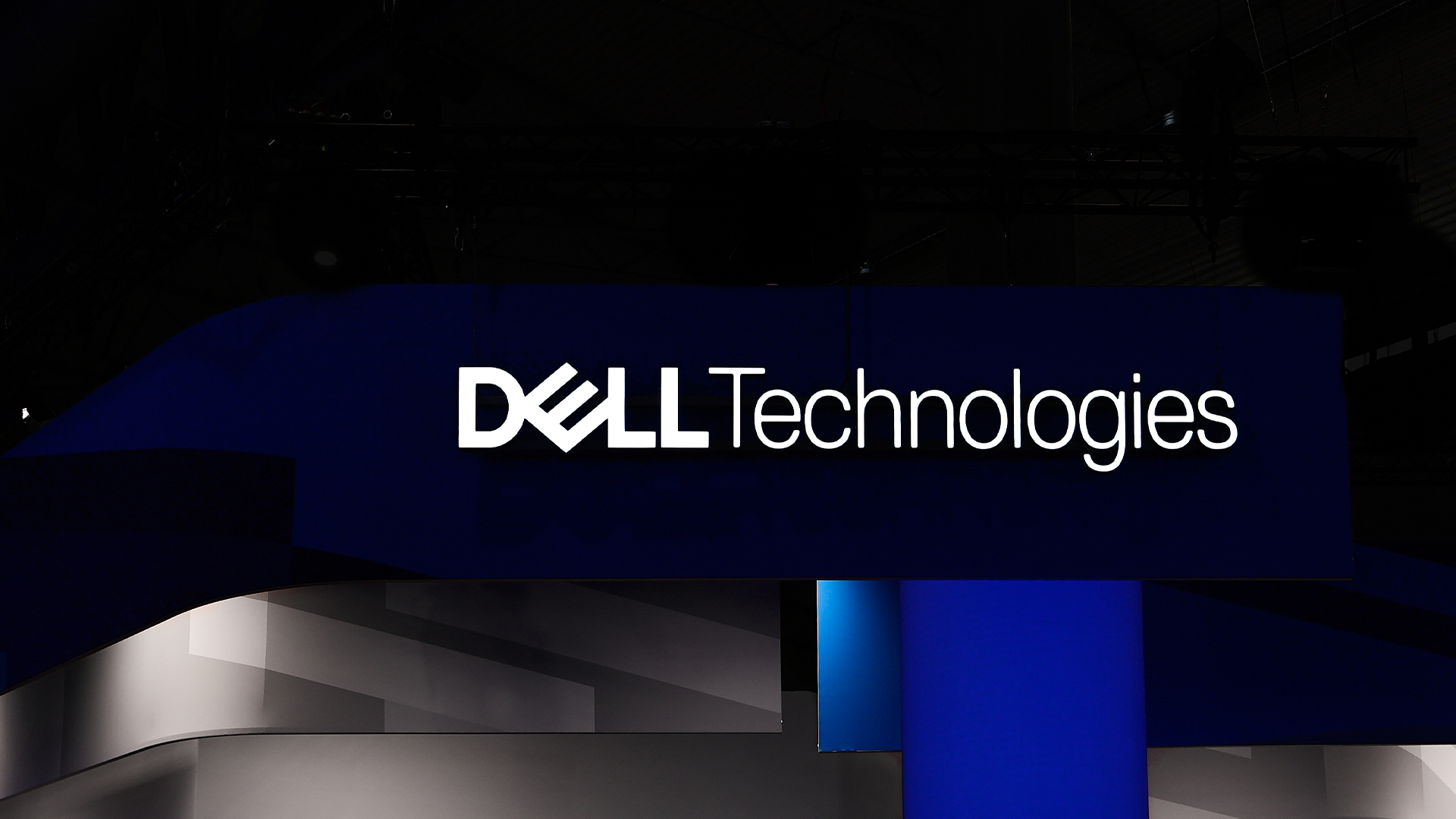 Dell names Lisa Ergun as new Client Solutions Group channel lead for the UK
Dell names Lisa Ergun as new Client Solutions Group channel lead for the UKNews Dell Technologies has announced the appointment of Lisa Ergun as its new Client Solutions Group (CSG) channel lead for the UK.
By Daniel Todd
-
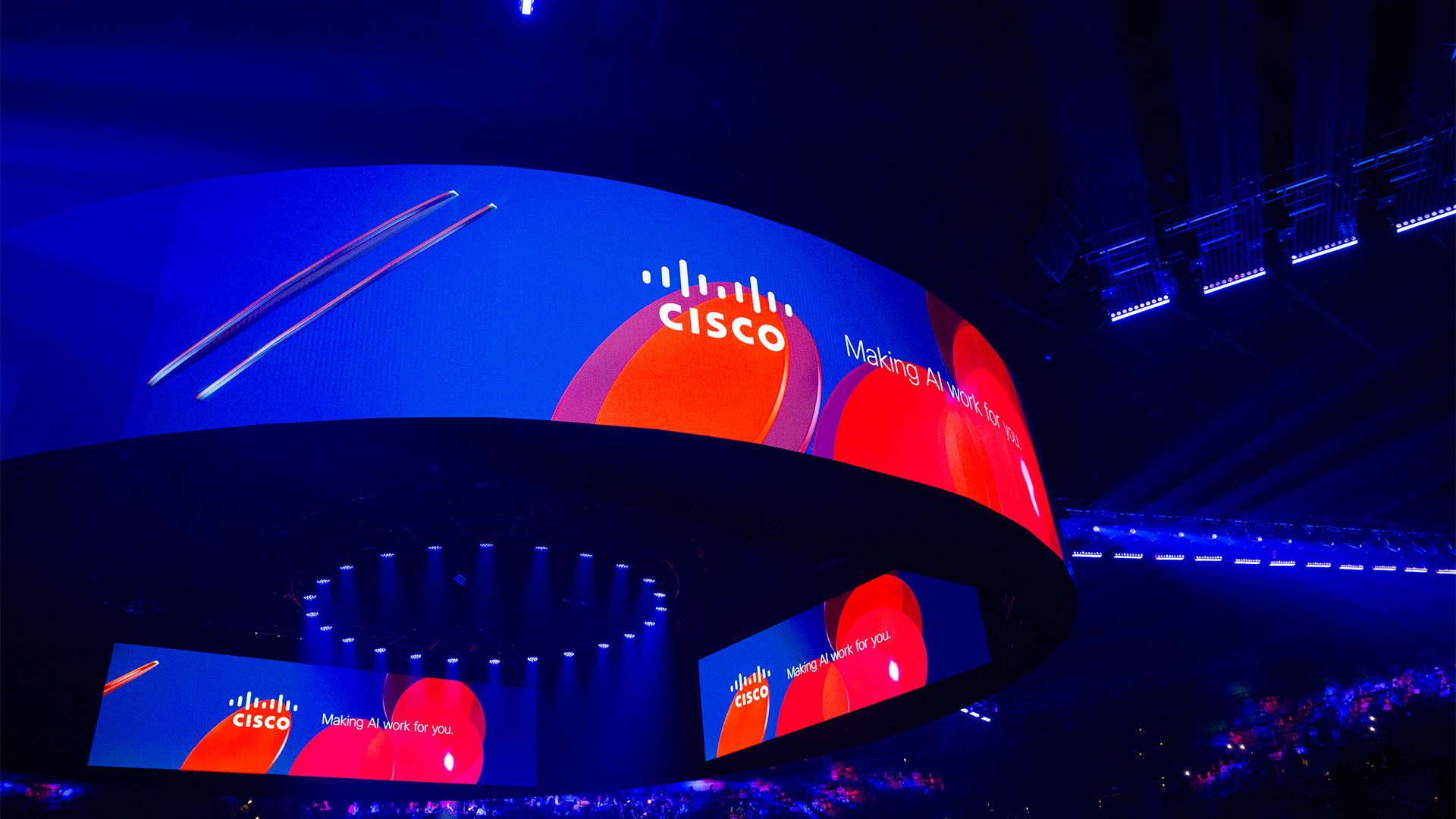 Cisco unveils first product integrations since Splunk acquisition
Cisco unveils first product integrations since Splunk acquisitionNews Cisco said the combination of observability technologies will enable customers to spot infrastructure problems faster
By Steve Ranger
-
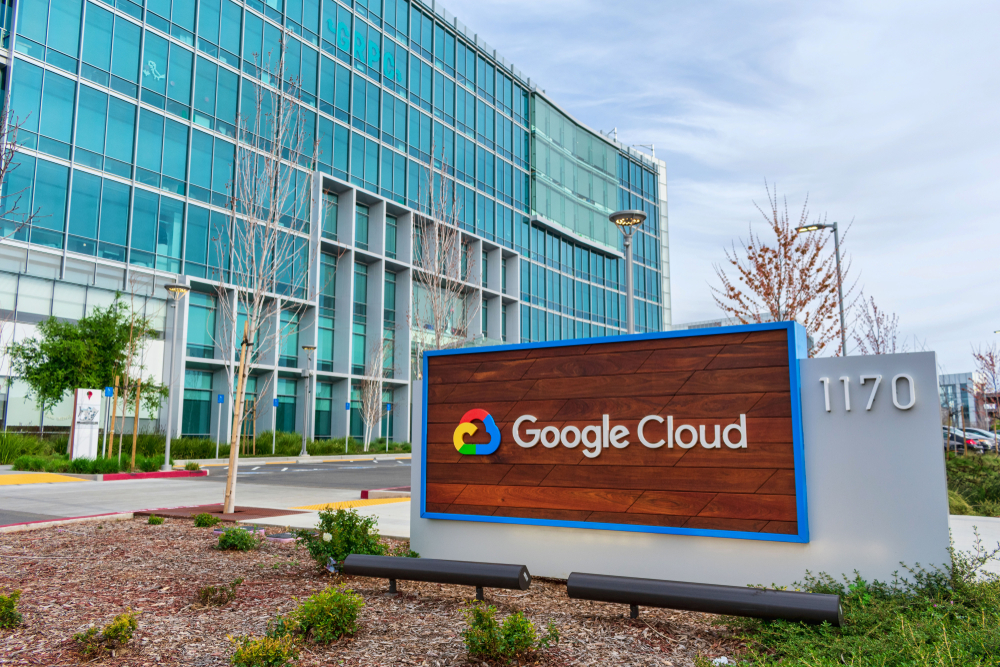 Google extends Cisco networking relationship with cloud-based network management
Google extends Cisco networking relationship with cloud-based network managementNews Centralized management interface eases multi-cloud setup
By Danny Bradbury
-
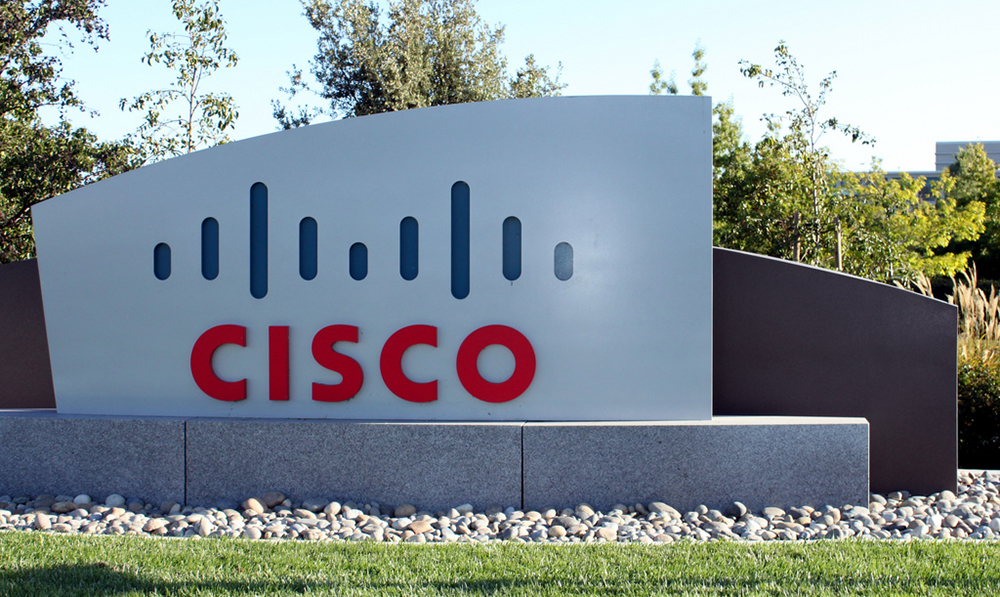 Cisco to acquire IoT specialist Jasper for $1.4bn
Cisco to acquire IoT specialist Jasper for $1.4bnAnalysis Acquisition will give Cisco a “complete IoT solution” and a fresh revenue stream, analysts say
By Aaron Lee
-
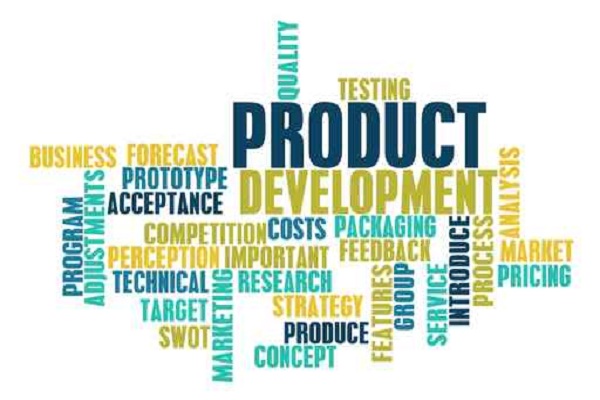 SAP Hana-certified Vblocks on their way
SAP Hana-certified Vblocks on their wayNews VCE announces SAP Hana Vblocks along with several other new additions to its product portfolio.
By Caroline Donnelly
-
 Citrix Synergy 2012: Citrix and Cisco team up to push cloud services
Citrix Synergy 2012: Citrix and Cisco team up to push cloud servicesNews Firms to develop unified a access point for applications, data, voice and video.
By Jane McCallion
-
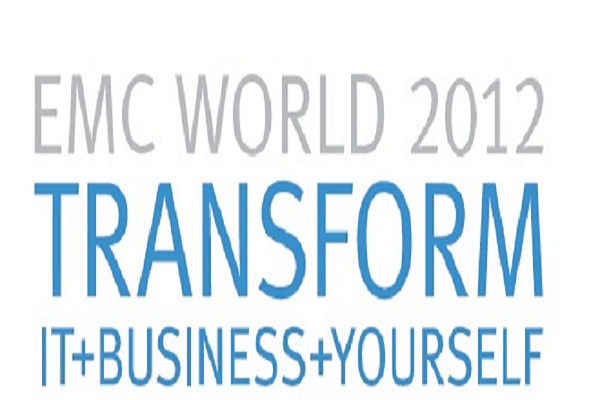 EMC World 2012: VCE unveils EMC VMAX 10K Vblock
EMC World 2012: VCE unveils EMC VMAX 10K VblockNews The tri-vendor coalition takes wraps off new product and sets its sights on becoming a $3 billion company.
By Caroline Donnelly
-
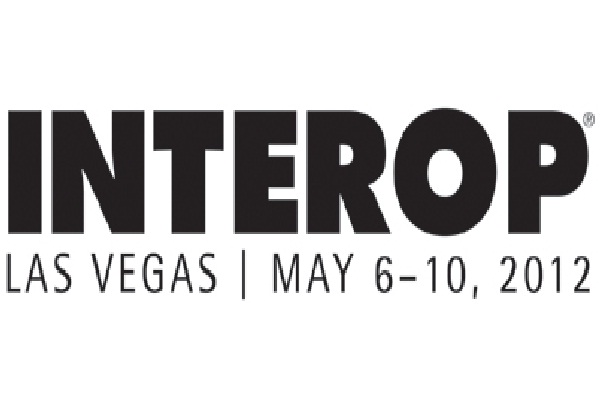 Interop 2012: Networks prove obstacle to cloud adoption
Interop 2012: Networks prove obstacle to cloud adoptionNews Survey finds that IT professionals would rather have root canal work than tackle network issues in cloud deployment.
By Rene Millman
-
 Cisco brings Quad to 5,000 Virgin seats
Cisco brings Quad to 5,000 Virgin seatsNews Virgin opts for Cisco for its collaboration needs, with Quad at the core of the deal.
By Tom Brewster